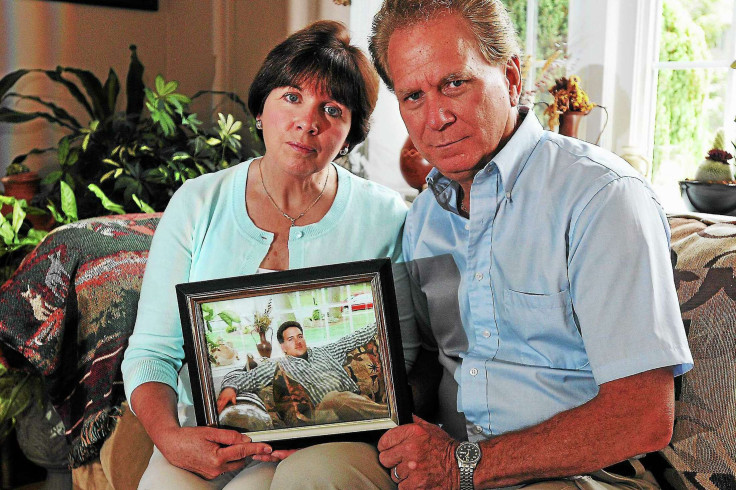Gabby Petito's Family Calls For Passing 'Billy's Law'
The family of Gabby Petito, the woman who was killed in 2021 while traveling cross country, is urging lawmakers to pass the Help Find the Missing Act, otherwise known as "Billy's Law."
The federal law would streamline missing person reports across the country so that databases like NamUs, run by the Department of Justice, can access information from the National Crime Information Center. It would also make the reporting process for missing persons more efficient by linking NamUs to the FBI's electronic database, which medical examiners and law enforcement agencies use to investigate potential crimes.
"Everyone deserves to be found and here's a way to have that happen," Joseph Petito, Gabby Petito's father, told New York's ABC affiliate WABC7.
"There has to be something done on the way we handle missing people. This is just a step in the right direction."
Gabby Petito had gone missing in Wyoming after traveling in a van with her fiance Brian Laundrie. After a manhunt, her remains were found at Bridger–Teton National Forest. An autopsy report determined Gabby Petito was strangled to death.
The case drew national attention due to her presence on social media and after police body camera video footage captured her crying.

Billy's Law was created after the family of Billy Smolinski, 31, who has remained missing since 2004, became frustrated when federal, state, and local law enforcement did not have a shared database to match their missing son to discovered human remains.
Sen. Chris Murphy, D-Conn., has been active in reintroducing Billy's Law.
"The program also incentivizes local law enforcement and medical examiners to input data on unidentified remains of missing people into NamUs, which in the absence of additional funding they are reluctant to undertake," Murphy said.
When Murphy first introduced the bill in 2009, it didn't pass. But earlier this month, he, along with Sens. John Cornyn, R-Texas, Richard Blumenthal, D-Conn., John Hoeven, R-N.D., and Thom Tillis, R-N.C., reintroduced the bill to the legislature.
The bill would authorize $7 million per year in funding for NamUs. It would also require the Justice Department to use guidelines for handling cases within the system.
There are currently an estimated 40,000 to 60,000 sets of unidentified human remains across the country. Streamlining the NamUs system would possibly fill gaps in various missing person systems, helping identify these remains.
© Copyright IBTimes 2024. All rights reserved.





















